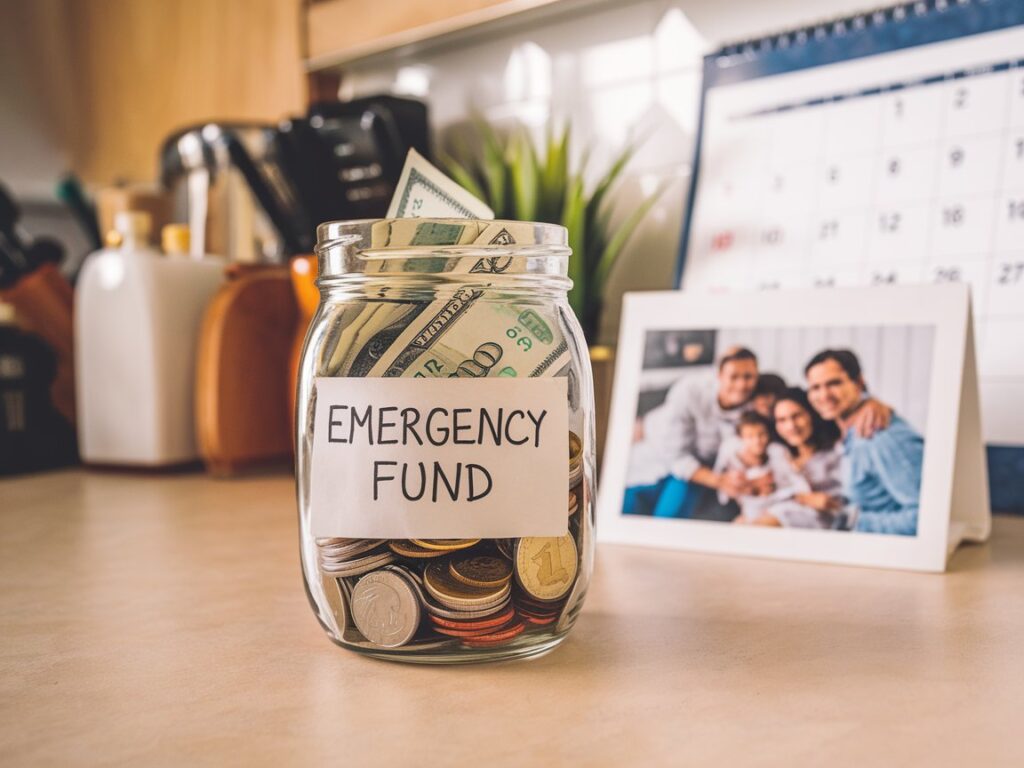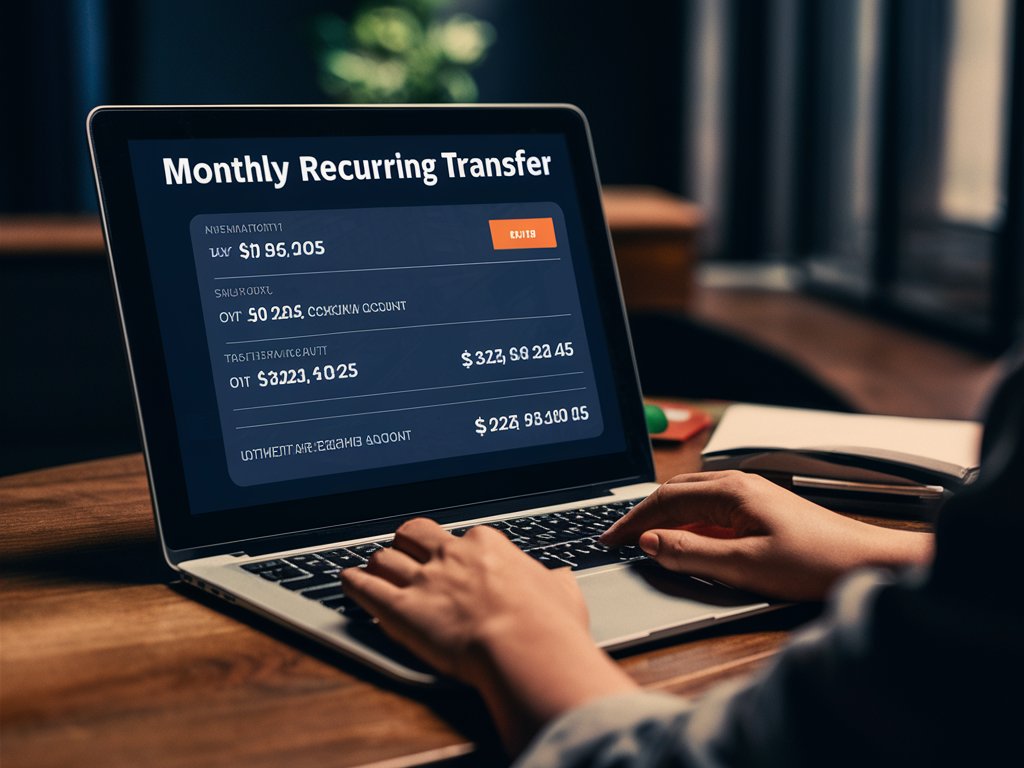Managing personal finances is important. It helps reduce stress and build wealth. Money issues affect many people today. These problems can be solved with simple steps.
Anyone can manage their finances with the right plan. You don’t need special tools or expert advice. Just follow the basic principles and stay consistent.

Start with Tracking Expenses
Managing finances starts with knowing your spending. You should track every dollar spent. This helps identify bad spending habits. Many people overspend on small things.
These small expenses add up fast. You can use apps or even a simple notebook. Write down all your daily expenses. This makes budgeting easier.
Read More: How to Save Money on Groceries Easily

Create a Simple Budget
Budgeting is a powerful tool. It helps control your spending and plan for future expenses. A simple method is the 50/30/20 rule. It divides your income into three parts.
50% goes to needs like rent and groceries. 30% is for wants, like entertainment. The last 20% is for savings and debt repayment. Stick to this budget every month. It’s easy and effective.
Reed More: 24 Tips to Reduce Your Monthly Expenses

Build an Emergency Fund
An emergency fund is money saved for sudden, unexpected expenses. Life is full of surprises. You might have to deal with car breakdowns, medical costs, or losing your job.
Having savings for emergencies helps you avoid financial stress. It’s wise to aim for 3-6 months’ worth of living expenses in your fund. Start small if needed, but stay consistent. Even saving a few dollars every week can make a big difference over time.

Pay Off Debt
Debt can be overwhelming. High-interest debt is the worst. It grows fast and eats into your income. Focus on paying off high-interest debt first. This is usually credit card debt.
Make extra payments whenever possible. Avoid taking on new debt while you pay off old debt. Once your debt is reduced, your finances will improve quickly.
Read More: Budget Planning Tips for Beginners

Save for Future Goals
It’s important to save for the future. You may want to buy a house or retire early. Set specific goals for your savings. Divide your savings into categories.
For example, save for retirement, a vacation, or a new car. Having goals makes saving easier. Each time you save, you move closer to your dreams.
Read More: Simple Ways to Save Money Everyday

Automate Your Savings
Automating your savings is a smart move. Set up automatic transfers to a savings account. This ensures you save without thinking. Many people struggle to save manually.
Automating helps avoid that problem. Set the transfer date to match your payday. This way, you don’t miss any opportunities to save.

Reduce Unnecessary Expenses
Many people overspend on things they don’t need. Cutting back on these items can save a lot. Start by reviewing your monthly bills. Cancel any subscriptions you don’t use.
Also, look for better deals on utilities. Small adjustments like these can lead to big savings over time. Always watch your spending and only purchase what is necessary.

Plan for Big Purchases
Big purchases should never be made on impulse. Whether it’s a car, a new phone, or a house, plan ahead. Save up for big purchases and avoid using credit.
This prevents high-interest debt and keeps your finances stable. If you need to buy something big, wait until you can afford it comfortably.

Invest for the Long Term
Investing is an important step in building wealth. Begin with small amounts and increase your investments gradually. Consider options like retirement accounts or low-risk mutual funds.
These choices allow your money to grow with minimal effort. Over time, even small investments can grow significantly. Be patient and let your investments steadily build wealth for you.

FAQs About Manage Personal Finances
Key Takeaways
- Budgeting is key to managing money.
- Always save for emergencies and future needs.
- Debt should be handled carefully and reduced quickly.
- Setting clear financial goals helps build wealth.
Managing personal finances doesn’t have to be complicated. Begin by keeping track of your expenses and creating a budget. Save for emergencies and set goals for the future.
Paying off debt should be a priority. Simple steps like these can greatly improve your financial situation. Be consistent, stay focused, and your finances will improve over time.




